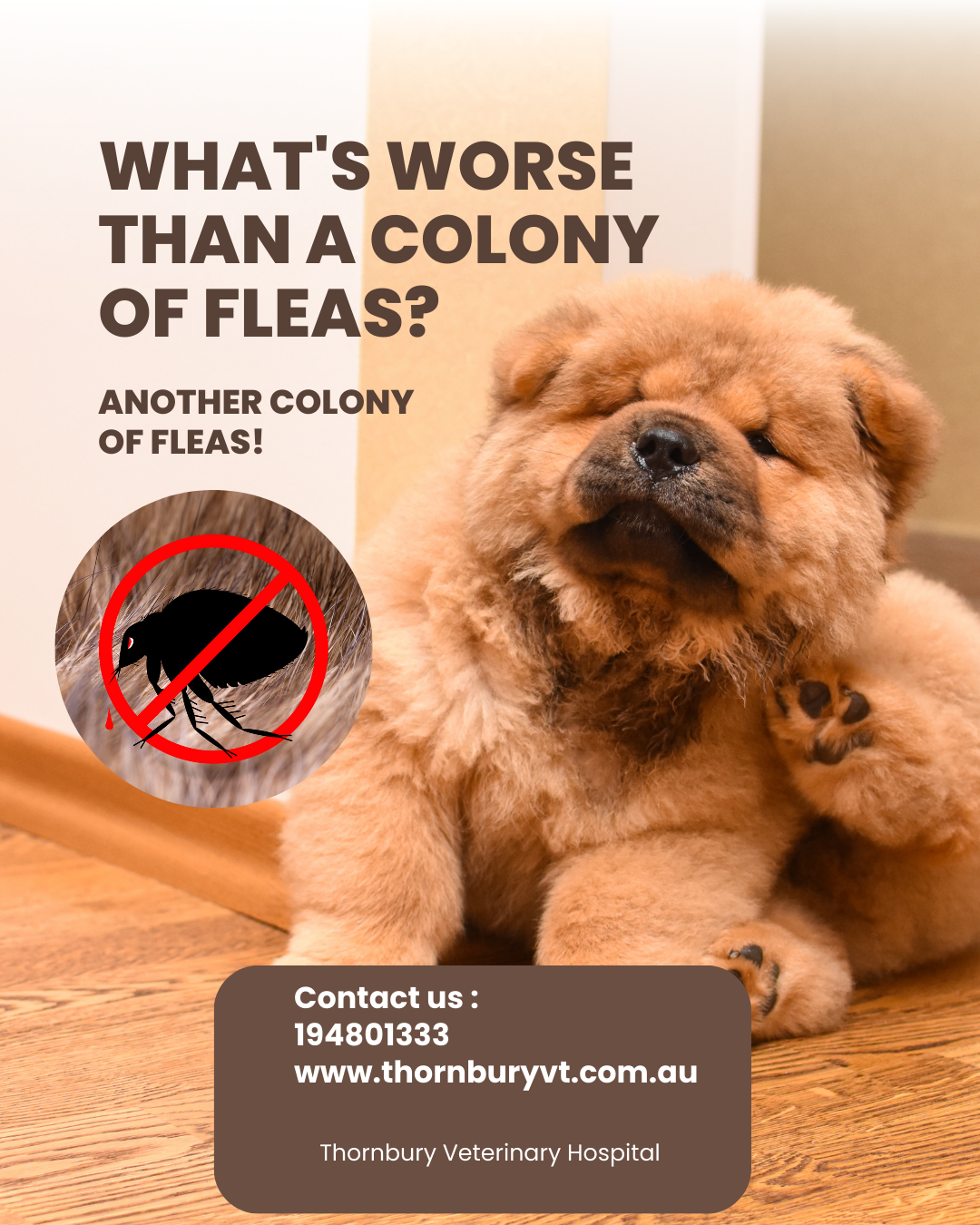The importance of vaccinating your Pet
The importance of vaccinating your pet
Vaccinating your pet is a crucial aspect of responsible pet ownership and it offers several important benefits for both your pet and the community at large. Vaccinations are designed to protect pets from a range of potentially deadly diseases.
Common vaccines for dogs include:
- Distemper: A nasty viral disease that attacks the respiratory and gastrointestinal system and ultimately the central neurological system causing inflammation of the brain. There is no treatment, and the disease is often fatal.
- Hepatitis: A highly contagious disease caused by canine adenovirus. It can be particularly severe in young dogs and is often fatal in puppies. Severely affected dogs will have a fever, loss of appetite, depression, diarrhoea, tonsillitis, and acute abdominal pain due to an inflamed liver.
- Parvovirus: A highly contagious virus that affects unvaccinated and partially vaccinated dogs. Puppies are often the most at risk. The most obvious signs of parvovirus are gastrointestinal. Affected dogs are lethargic with vomiting, diarrhoea and appetite loss.
- Canine Cough (Parainfluenza & Bordetella): Caused by several infectious agents. They work together to damage and irritate the lining of the dog’s upper airways causing a dry hacking cough.
Common vaccines for cats include:
- Enteritis (Panleukopenia): A potentially fatal disease, caused by infection with parvovirus (aka panleukopenia). It can lead to the development of a low white blood cell count. It carries a high mortality rate particularly in unvaccinated kittens.
- Cat Flu (Rhinotracheitis & Calicivirus): A highly contagious upper airway disease that affects cats and kittens. Caused by one or more viruses including Herpes Virus and Calicivirus. Many cats will remain life-long carriers of the virus but will show no or minimal signs of illness. Symptoms include coughing, discharge from eyes and nose, fatigue, fever, loss of appetite and sneezing.
- Feline Immunodeficiency Virus (FIV): FIV spreads through the body and destroys the animal’s immune response. Symptoms of FIV can include weight loss, anemia, and gingivitis. FIV is primarily found in the saliva of infected cats meaning the most common source of exposure is through cat bites.
Vaccinations help ensure your pet’s long-term health by reducing their risk of contracting serious disease that could comprise their quality of life. In addition, vaccinations are generally much more cost-effective than treating diseases once they occur. Treating illnesses can be expensive and may not always guarantee a full recovery.
If you plan to travel with your pet or need to board them at a kennel or cattery many places require proof of up-to-date vaccinations. Having your pet vaccinated ensure that they meet these requirements and you and your pet can enjoy a holiday without trouble.
Vaccinating your pet contributes to the concept of herd immunity or community immunity. When a large percentage of the pet population is vaccinated against contagious diseases, it reduces the overall prevalence of the disease, making it less likely to spread in the community. This helps protect vulnerable animals, including those that cannot be vaccinated due to health issues.
It is important that you consult with one of our veterinarians to create a vaccination schedule tailored to your pet’s specific needs. Not all pets require the same vaccines, and our veterinarian can recommend which ones are essential based on your pet’s:
- Age
- Lifestyle
- Health status.
Call us today or book an appointment online 😊



